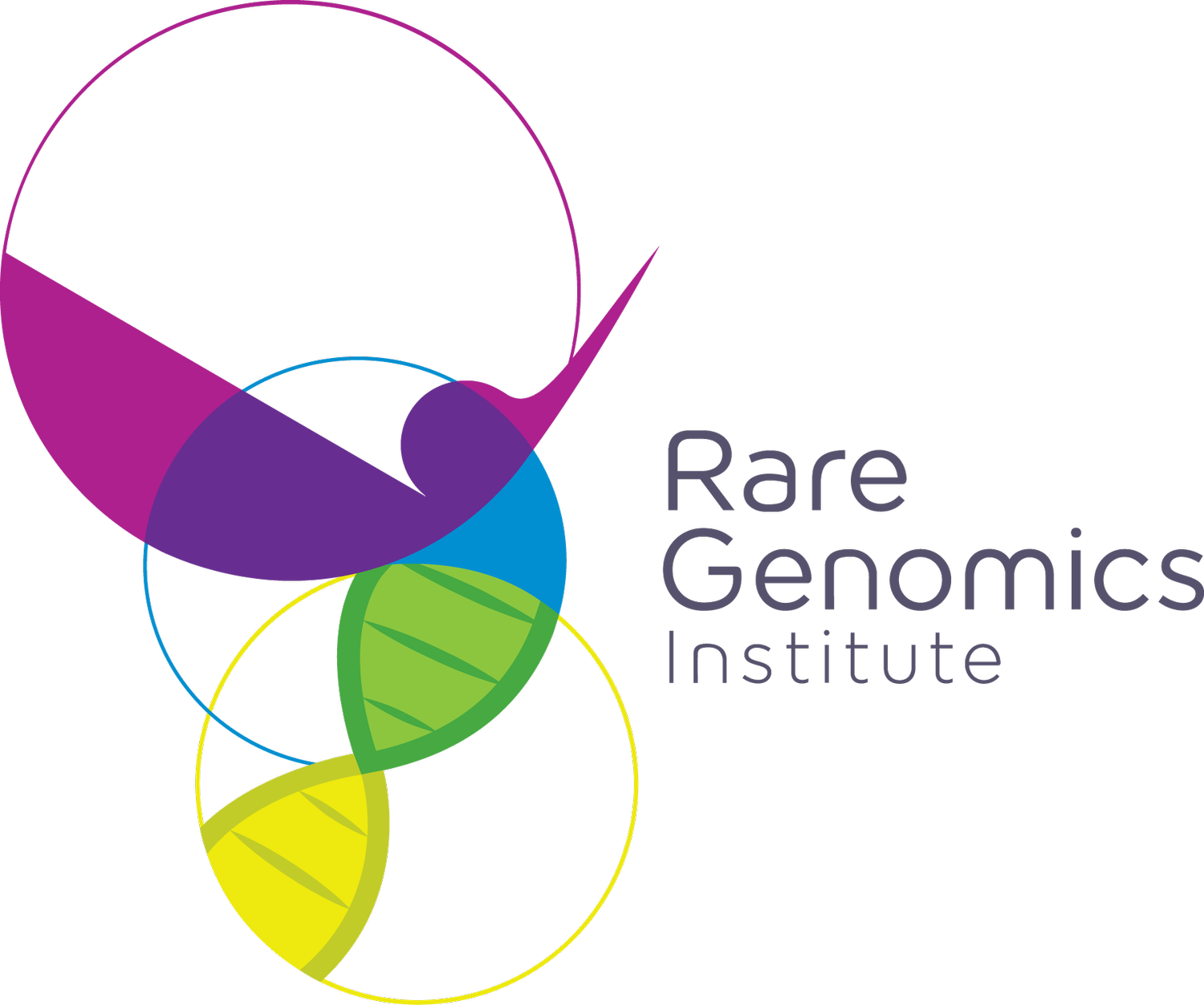Kearns-Sayre Syndrome (KSS)
What is Kearns-Sayre Syndrome?
Kearns-Sayre Syndrome is a rare neuromuscular disorder caused by a 5,000 base deletion in mitochondrial DNA (mtDNA). Mitochondria are small rod-like structures found in every cell in the body. They use oxygen to convert energy from the food we eat into energy used by the cells. With KSS, some genetic material is missing from the mitochondria, so they don’t develop properly. This can lead to a variety of problems throughout the body.
People with KSS may have droopy eyelids (ptosis) in one or both eyes, paralysis of certain eye muscles that gets worse over time, and colored material on the lining of the eyes that may lead to poor night vision or vision loss. They may also have heart disease, muscle weakness, hearing loss, or endocrine conditions like diabetes or hypoparathyroidism.
The onset of Kearns-Sayre Syndrome usually occurs by the age of 20, and it progresses slowly over time.
What is the prevalence of Kearns-Sayre Syndrome?
The prevalence of Kearns-Sayre syndrome is approximately 1 to 3 per 100,000 people.
How is Kearns-Sayre Syndrome diagnosed?
KSS is diagnosed through clinical evaluation by a healthcare provider and a variety of diagnostic tests. Procedures may include:
Eye and vision assessments
Electrocardiogram to check heart function
Blood and spinal fluid samples to look for elevated levels of certain substances
Muscle biopsy to check for abnormalities
Computed tomography (CT scan) or magnetic resonance imaging (MRI) of the brain
Is there any specific gene/pathway in Kearns-Sayre Syndrome that has been identified?
Yes. Deletions of large portions of mtDNA can cause KSS.
How is Kearns-Sayre Syndrome treated?
The treatment for KSS depends on which symptoms are present and how severe they are. For example, medical devices or surgical procedures can lift the eyelid(s) or improve vision. A pacemaker can help regulate heart rhythm, and hearing aids can improve hearing loss. Medication may be used for associated conditions like diabetes or thyroid problems.
Are there any clinical trials underway for Kearns-Sayre Syndrome?
Yes, there are a few clinical trials underway and some that have already been completed.
How can RareShare be helpful to Kearns-Sayre Syndrome patients and families?
The Kearns-Sayre Syndrome RareShare community has four members. There is currently one active discussion underway, helping to connect patients, health workers, caregivers, and families interested in Kearns-Sayre Syndrome and providing them continual access to community resources.
RareShare, MGCI Cancer Society, and RGI Chapter
